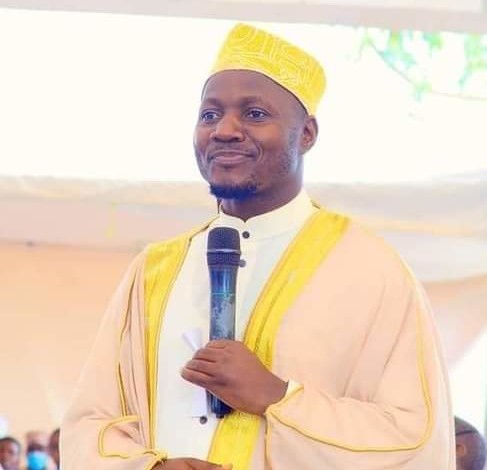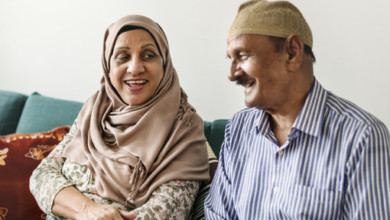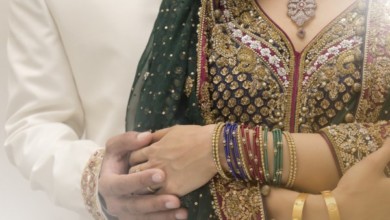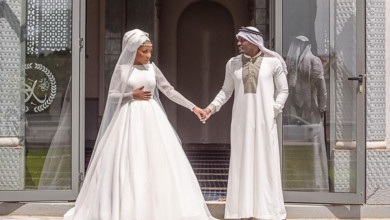Mahr; a Woman’s Right not a Price to Own Her

PART II
This week, HANIFA MASABA brings us the second part on the concept of Mahr based on Dr Abdul-Hafiz Walusimbi’s weekly Fiqh of Marriage lectures.
Mahr is a woman’s right, she can determine its form within the limits of Islam. Mahr takes three forms, money, a physical asset like land, and a car among others and services. The key principle is, mahr should have a monetary value.
While money and physical assets are clear, the last form of services is often misunderstood. Dr Walusimbi says that a service offered should equally have a monetary value, for instance, that a man who possesses a particular skill can commit to render that skill to his wife as Mahr.
“If the skill is reciting the Quran, he must specify which chapters of the Quran he is going to teach you (wife) and in what period, such that a woman can demand for her right. However, it is not Mahr for a woman to ask for a copy of the Qur’an or that a man recites a particular section of the Quran,” said Dr Walusimbi.
He supports his argument with a story of a man and woman whom the Prophet (PBUH) united in marriage based on the condition of the man teaching his wife some sections of the Qur’an as Mahr. The poor man had expressed interest to marry this lady but had nothing to offer as Mahr except his lower garment which if he rid himself of it, would expose his private body. The Prophet (PBUH) asked him what he had in the Qur’an and that is what was issued to the woman as Mahr.
Meanwhile, in asking for the Mahr, Dr Walusimbi says, women should seek for reasonable amounts. Although it is entirely a woman’s business to determine the Mahr, society often views it in terms of the socio-economic status, and the woman’s level of education. Hence, a woman of a considerably low level is not expected to ask for exorbitant sums of money or Mahr in whatever form.
Dr. Walusimbi encourages prospective couples to discuss the Mahr before the day of conducting the Nikkah, but adds that women should consider the financial muscle of their prospective husbands to determine the Mahr they want.
“I also caution women, that even when they are entitled to Mahr, they should not take it as though they are going to start a business venture for which they ask a lot of capital. When you ask for dowry, it should convey the message of love, honour and respect you your husband. It should be reasonable.” Says Dr. Walusimbi
Contrary to the common view that Mahr is a condition of marriage, Dr Walusimbi says that Nikkah can be concluded without even mentioning dowry. He however hastens to add that dowry should not be phased out before marriage, implying that, it can only happen at the time of Nikkah when a woman decides to forego her right to Mahr.
Nikkah can be concluded even when the Mahr is not known in form and quantity. Dr Walusimbi relates to the story of Abdallah ibn Masu’d who was once approached by a woman who got married without a specified dowry agreed upon.
Her husband had died shortly after marriage before they could consummate the union. Ibn Masu’d ruled that the widow was still entitled to her dowry and that it would be determined based on what the women of her like often get. In his interpretation, Dr Walusimbi says the Mahr to such a widow can hence be determined based on her socioeconomic status, modesty, chastity, level of education and other factors.




